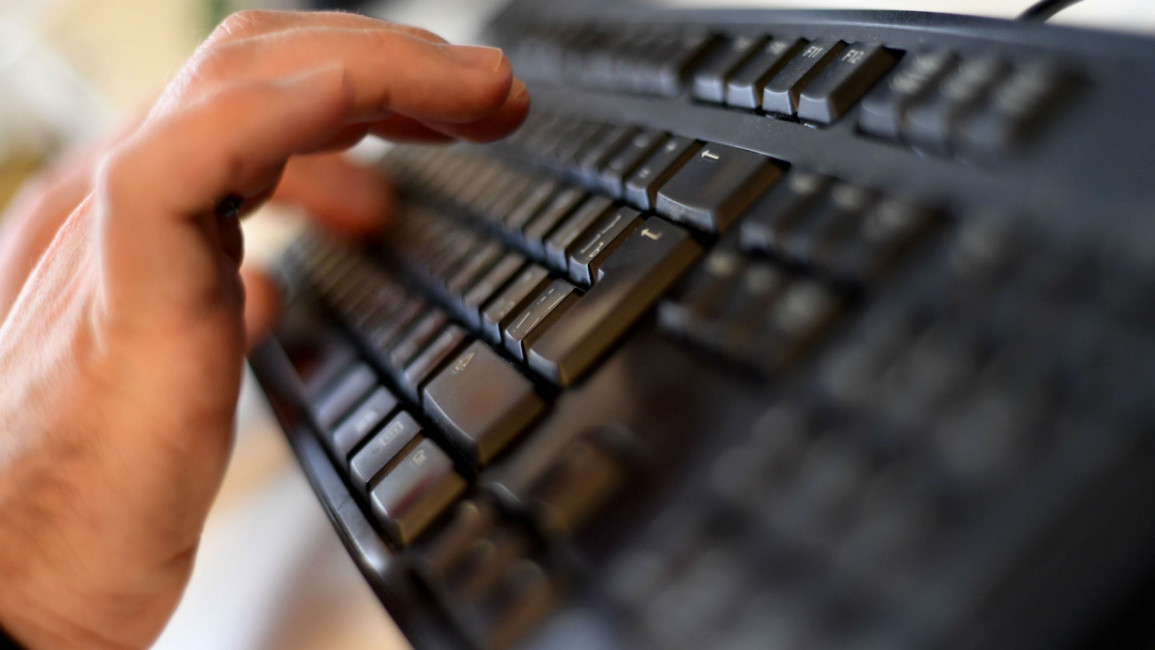Muslims 'unfairly targeted' by Boston police online surveillance bots
Boston police used the Geofeedia media monitoring tool for two weeks in 2014 and from the beginning of 2015 to mid-2016.
It was intended to alert police to potential trouble at demonstrations and other events.
Instead the bot honed in on Muslim and race equality activists and had little effect on protecting the public, the American Civil Liberties Union of Massachusetts concluded.
The examples given by the civil rights group are troubling for civil rights activists, after the US law enforcement agencies were accused of racism due to a number of killings of unarmed black men.
When three Muslim students were killed at a North Carolina campus in 2015, police tracked the #muslimlivesmatter hashtag.
After a black man was shot dead by police in Ferguson, Missouri officers sifted through online searches of the words "protest" or "Ferguson".
Boston police also monitored the words "ISIS", "caliphate" and "ummah" - the Arabic word for "community" - which did little to identify sympathisers.
The ACLU said this indicates Boston police put unnecessary focus on Muslim and racial equality issues.
"The Boston Police Department should never conduct surveillance targeting political speech or religious expression, but that's exactly what their own records show they did when they used this social media monitoring software," said Kade Crockford, co-author of the report and director of the group's Technology for Liberty Program, according to AP.
Boston Police Department rejected the report's findings and said any conclusion that officers targeted people for their political persuasions was "misinformed".
"If we weren't diligent in our efforts to provide safe events for those participating and attending... then we wouldn't be doing our job as police officers," said Lt. Det. Michael McCarthy.
Agencies contributed to this story.



